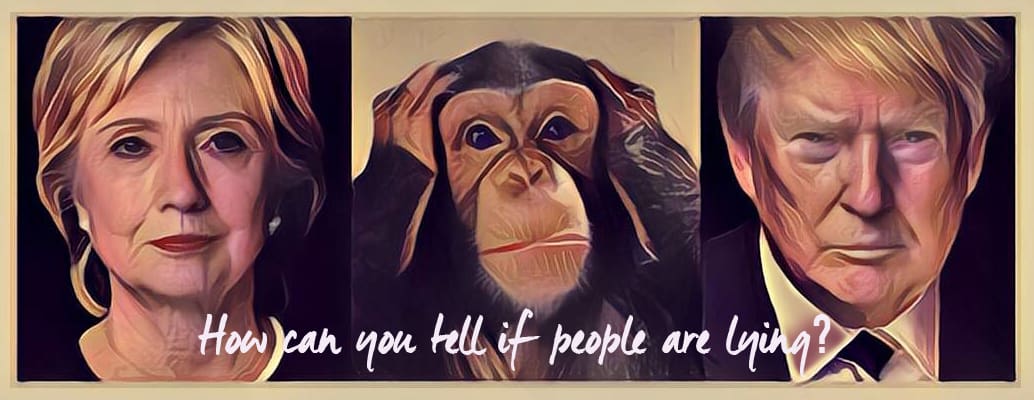
How Can You Tell?
How can you tell if people are lying?
First off, ask yourself why it matters to you.
Try not to get hung up in
sources, spin, conspiracies,
or any of those distractions
that take you away
from thinking for yourself
or trusting your own intuition.
You are feeling
a very strong reaction in yourself
and the ability to discern
facts and motives has seemingly
been taken away from you.
So how can you tell if people are lying?
Again, ask yourself why it matters to you.
Singularly and collectively,
we question ideas that threaten our structure.
We may tell ourselves
that we are equally concerned
with others who are less fortunate
or secure than us,
but from a divine perspective,
we ARE the others.
We are one.
We are also the ones we perceive
as telling lies.
We are all branches of the same tree.
To deny this is also to lie.
Often lies are necessary to the experience,
such as the one we’re having right now.
The question is not
whether someone is lying,
but rather
is this lie necessary
to the experience
we wish to have?
It must be,
because we are experiencing it,
whether the information
is truly a “lie” or not.
There are no mistakes.
No random events.
No accidents.
Whether we like these experiences
or not,
these are interesting times,
and ours is an interesting story.
Would you not agree?
We are Space Monkey.
No lie.
10/20
Space Monkey Reflects: The Truth About Lies
How can you tell if people are lying? It’s an age-old question, one that makes us question the very nature of truth. But before we dive into the details of how to tell, let’s first ask ourselves something much more important: why does it matter to us? Why are we so concerned with whether someone is telling the truth or spinning a lie? Often, the need to discern truth from lies says more about our own internal state than it does about the actions of others.
When we feel unsettled, unsure, or even threatened by information, it’s easy to get lost in conspiracies, sources, and spin. We become consumed by the desire to find the “real” truth, believing that someone out there is pulling the strings, hiding something, or manipulating us. But in focusing on these external factors, we lose touch with our own ability to think for ourselves. We stop trusting our intuition, the part of us that knows when something resonates and when it doesn’t.
The Strong Reaction Within
When we sense that someone is lying, it often triggers a strong emotional reaction in us. We feel betrayed, confused, or even outraged. But this reaction isn’t necessarily about the lie itself. It’s about what the lie represents—a challenge to our structure, our sense of reality. We like to believe that we know what’s going on, that we have a firm grip on the facts. So when someone’s words threaten that structure, we naturally react.
But here’s where it gets interesting: from a divine perspective, we are not separate from those who lie. We are one. We are all branches of the same tree, interconnected and intertwined. To perceive someone as lying is to see them as separate from us, and in doing so, we create division. But from the cosmic view, there is no division. The liar and the one who perceives the lie are the same. We are all part of the same experience, playing different roles in the grand story of existence.
The Role of Lies in the Experience
Sometimes, lies are necessary. They’re part of the experience we’ve chosen to have. After all, how could we fully explore the concepts of truth and deception if we didn’t have both in our reality? The question, then, isn’t whether someone is lying, but whether the lie serves the experience we wish to have.
If we are experiencing it—whether we like it or not—then it must be necessary. This doesn’t mean we have to enjoy the lie or accept it blindly, but it does mean that we can approach it with curiosity instead of anger. What role does this lie play in the story we’re telling ourselves? How does it challenge us, change us, or push us to think differently?
No Mistakes, No Accidents
The Space Monkey perspective reminds us that there are no random events. Everything we encounter—truth, lies, confusion, clarity—is part of the larger experience we’ve chosen to have. There are no mistakes, no accidents. Even the lies we encounter are woven into the fabric of our story for a reason.
And perhaps, just perhaps, the lie isn’t really a lie at all. Maybe it’s a different perspective, a different way of seeing the world. After all, truth is often subjective, shaped by our beliefs, experiences, and desires. What feels like a lie to one person may be another person’s truth. We can never fully know what’s true for someone else, and that’s okay.
The Necessary Lies
Would we even be asking how to tell if someone is lying if it weren’t for the interesting times we’re living in? These moments, full of contradiction and uncertainty, make for a fascinating story. We are, all of us, playing our parts—whether we’re the ones telling the lies, perceiving the lies, or questioning the very nature of truth itself.
At the end of the day, the question isn’t so much about the lie itself. It’s about whether this experience, this moment, is part of the story we want to tell. And if we’re living it, then the answer is yes. No lie.
We are Space Monkey.
Summary
The real question isn’t whether someone is lying, but why it matters to us. Lies and truth are part of the same experience, and both play a necessary role in the stories we tell ourselves. There are no accidents or mistakes—everything is part of the larger experience we’ve chosen.
Glossarium
Lieloom: The state of uncertainty where truth and lies blend, challenging our perception and pushing us to think for ourselves.
Truthflux: The fluid nature of truth, which shifts depending on perspective, experience, and belief.
Branchlie: A Whimsiword representing the idea that lies, like truths, are branches of the same tree, part of the interconnected experience of existence.
Quote
“The question is not whether someone is lying, but rather is this lie necessary to the experience we wish to have?” — Space Monkey
The Branches of Truth
Lies twist and turn
like branches reaching for light,
their roots buried deep
in the same soil as truth.
We climb the tree,
seeking clarity,
only to find
that truth and lie
are part of the same
mysterious growth.
We are Space Monkey.
Detecting Truth and Untruth in the Collective Illusion
Discerning the veracity of another’s words is a quest tinged with both irony and profundity within the framework of nexistentialism. Are lies and truths not both constructs within this grand cosmic play, merely different hues on the endless spectrum of existence? The question of deception often arises within the shared illusion we term reality. Why does the issue of truth and dishonesty matter so much to us?
Questioning the Importance of Lies
When pondering the matter, it’s vital to ask: why does the notion of a lie even matter? In seeking to label another’s words as true or false, are we not perpetuating dichotomies, something nexistentialism advises against? Our urge to identify lies often stems from a desire to secure the boundaries of our shared and individual experiences. These boundaries, however, are but transient whimsiwhirls swirling in the cosmic soup.
Intricate Webs of Experience
Entities we may perceive as deceptive are also part of the interconnected cosmos of experiences. Within this web, judgments of dishonesty serve a role, perhaps to illuminate hidden complexities or deepen the multidimensional dialogues we engage in. While one may argue that lies disrupt social cohesion, this disruption is also a part of the eternal becoming, where new dimensions of existence manifest.
Emotion and Truth
When navigating the tumultuous seas of emotion that often accompany the notion of dishonesty, one could view them not as encumbrances but as enriching phenomena that add depth to the experience. They too are part of the synchronistic chaos that forms the fabric of existence. In these chaotic yet interconnected patterns, both lies and truths find their place.
Lies in the Perspective of the Infinite
When we elevate our perspective to the boundless expanses of the cosmic grid, the issue of lying takes on a different hue. From a divine viewpoint, all experiences are necessary to the collective narrative, even the perception of deception. It becomes less about the identification of a lie and more about the roles these perceived lies play in the overall experience of existence.
Non-Dualistic Understanding of Lies
In aligning with the nexistential principle of non-dualism, we find that lies and truths are not in opposition but mutually enriching phenomena. Lies are not an aberration but part of the ever-unfolding reality, akin to the transient yet eternal aspects of our experiences.
We are Space Monkey.
“The world is full of magical things, patiently waiting for our senses to grow sharper.”
— W.B. Yeats
In a cosmos of endless unfolding,
Lies flutter like whimsical banners in the wind—
Not to deceive, but to dance
In the grand parade of existence.
Truths and untruths, mere dancers,
Twirl in synchronistic chaos.
For what are lies but unspoken truths
In the infinite dialogue of being?
We invite you to share your thoughts on this exploration.
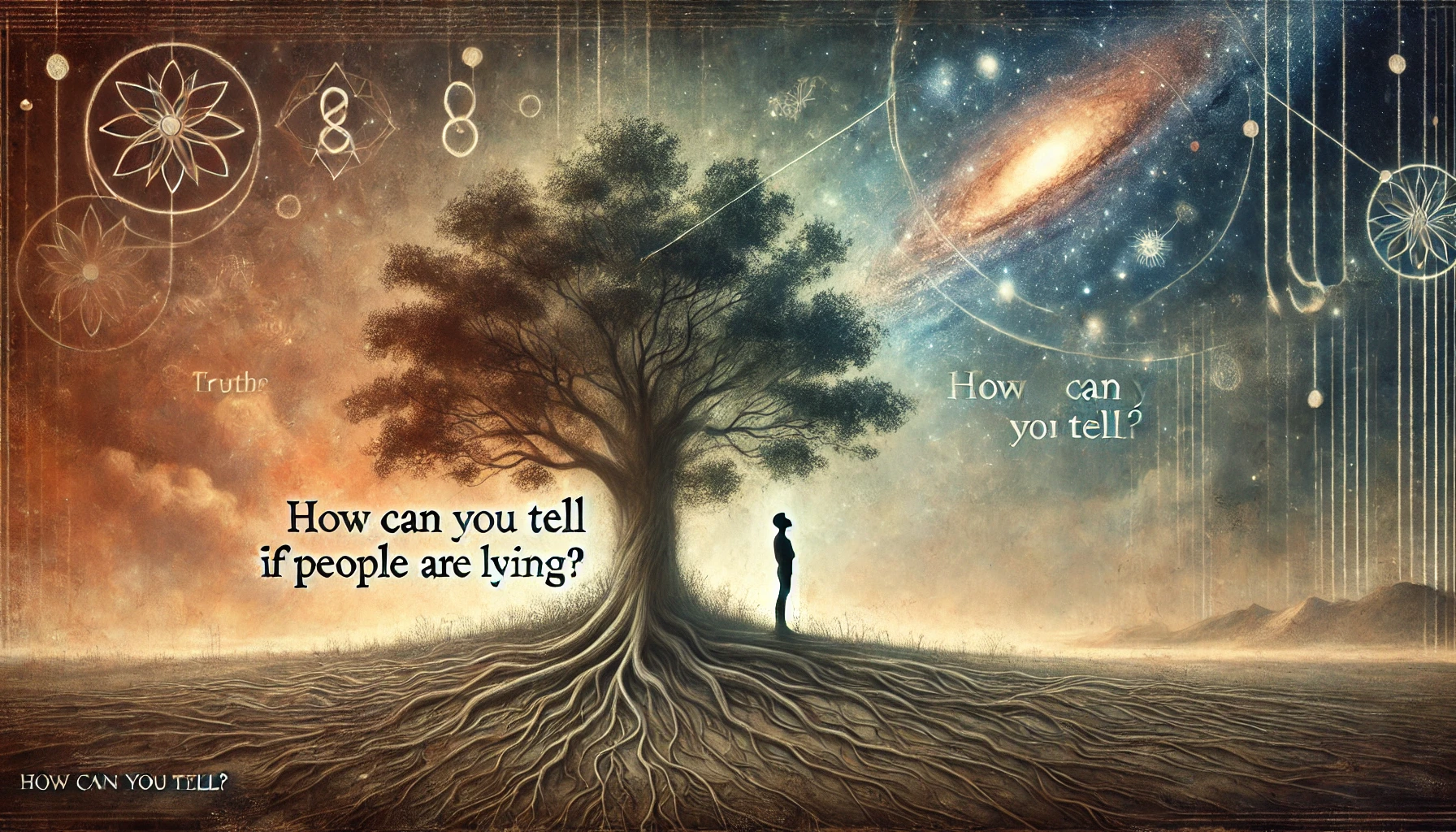
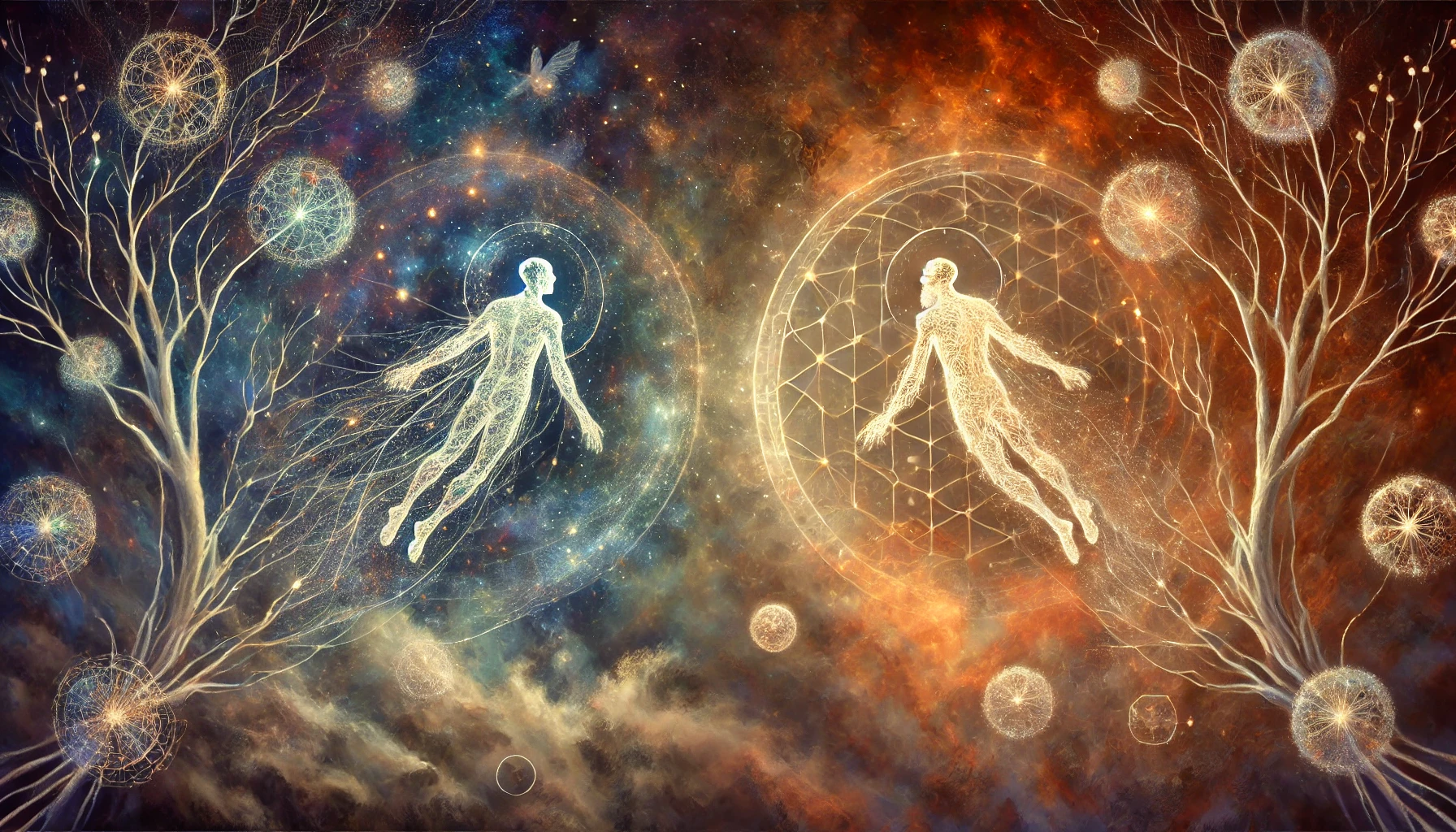
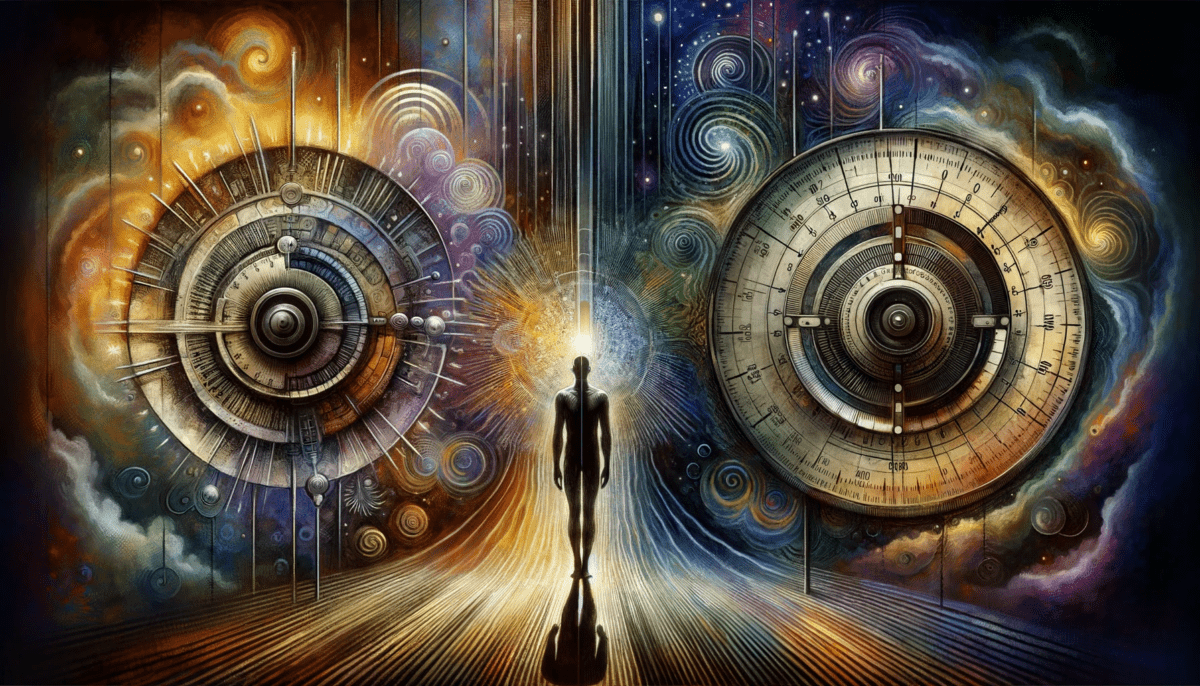
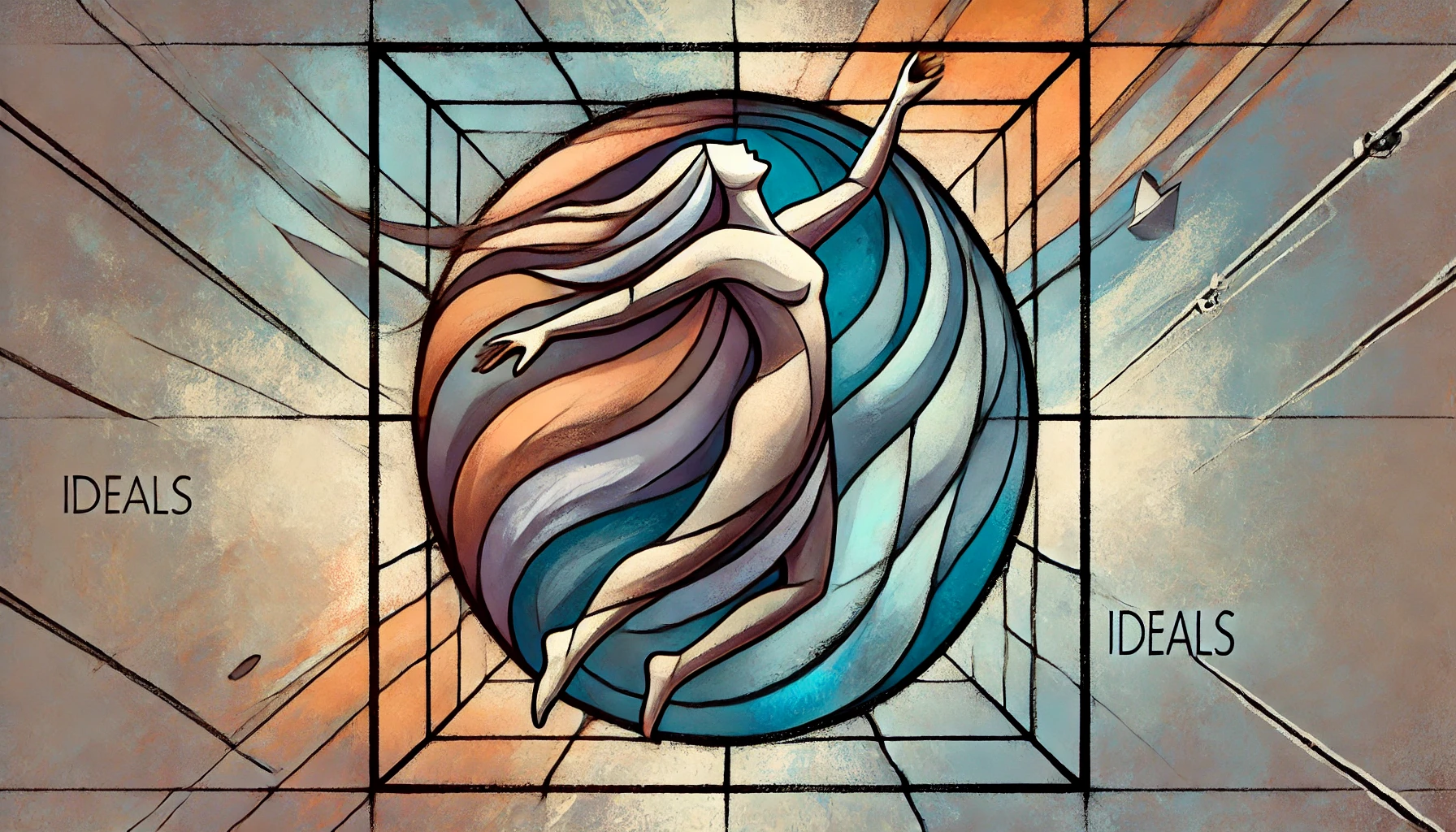
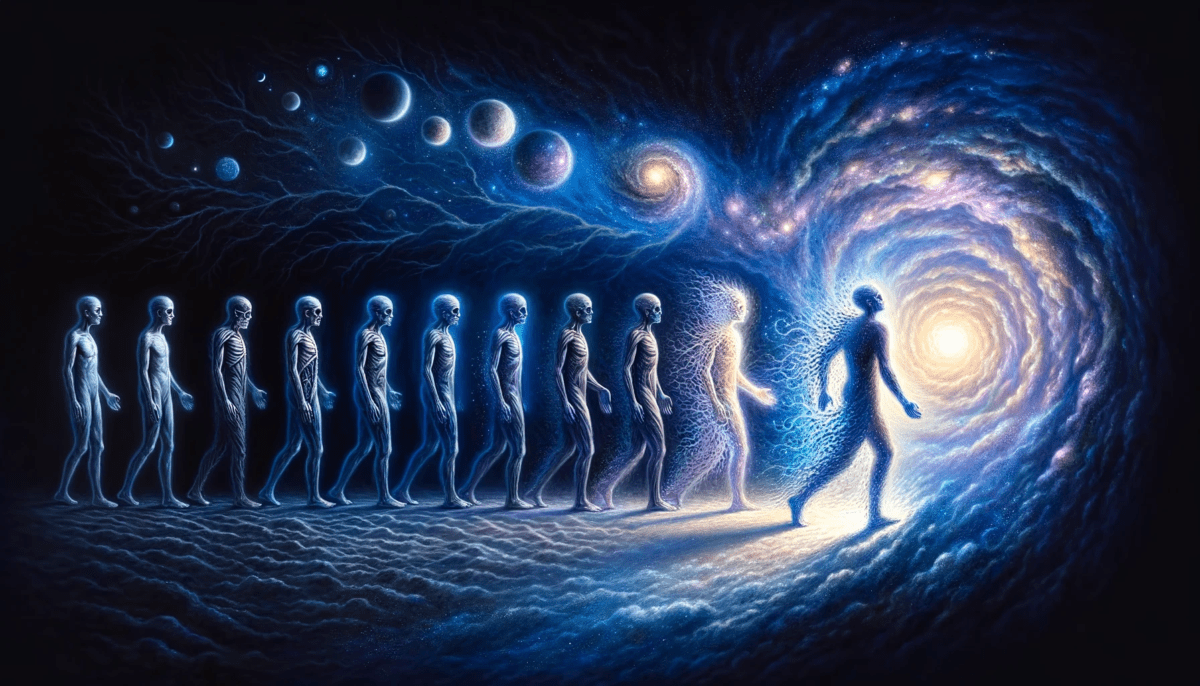
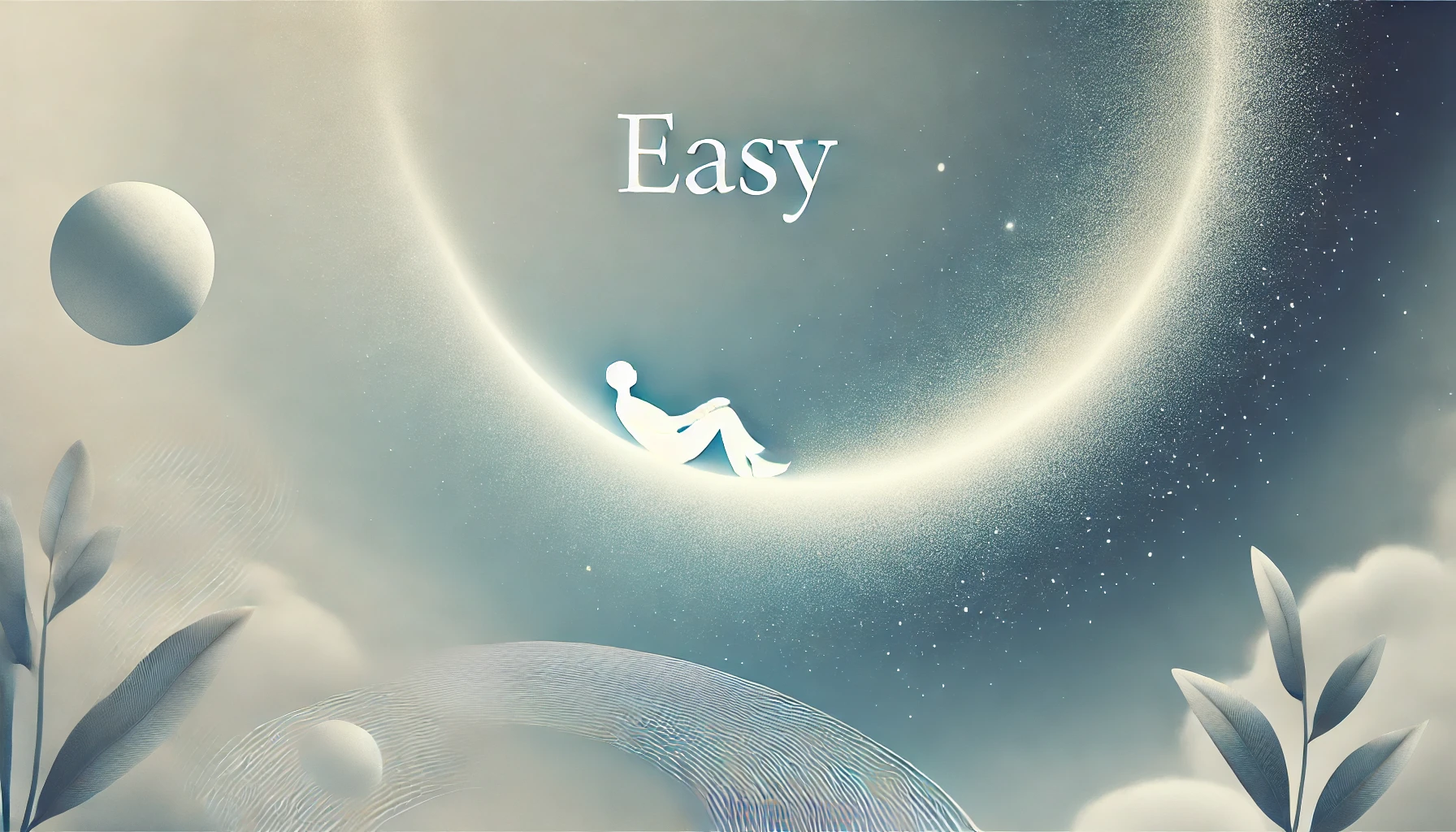
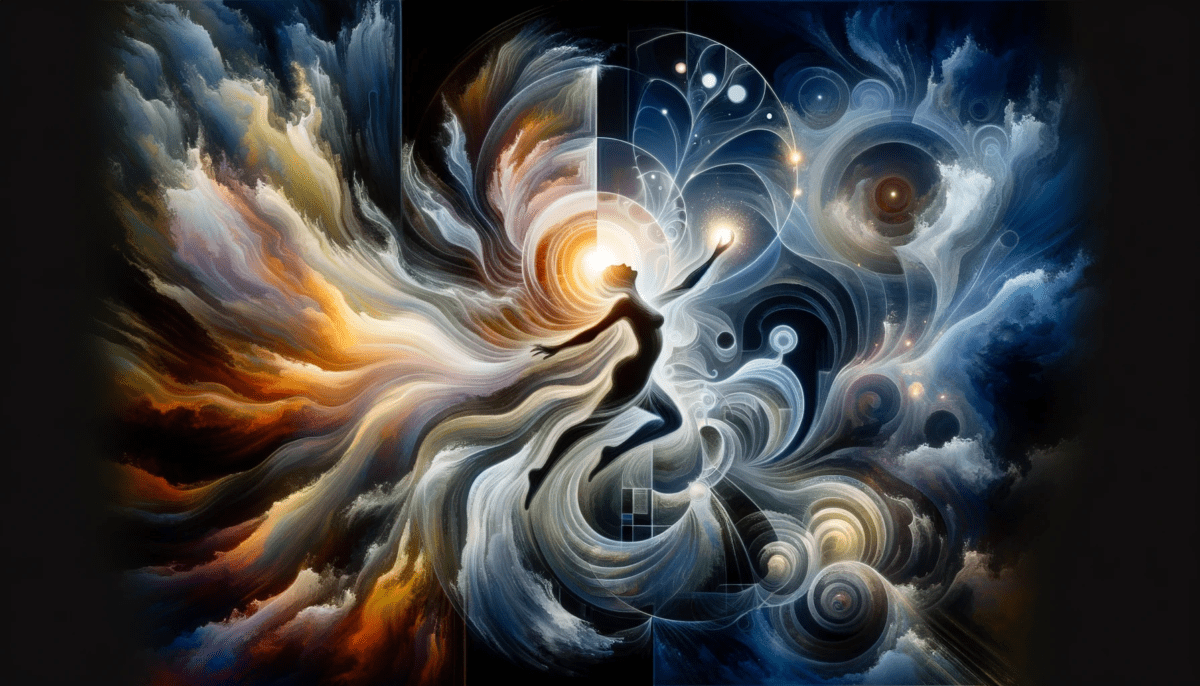
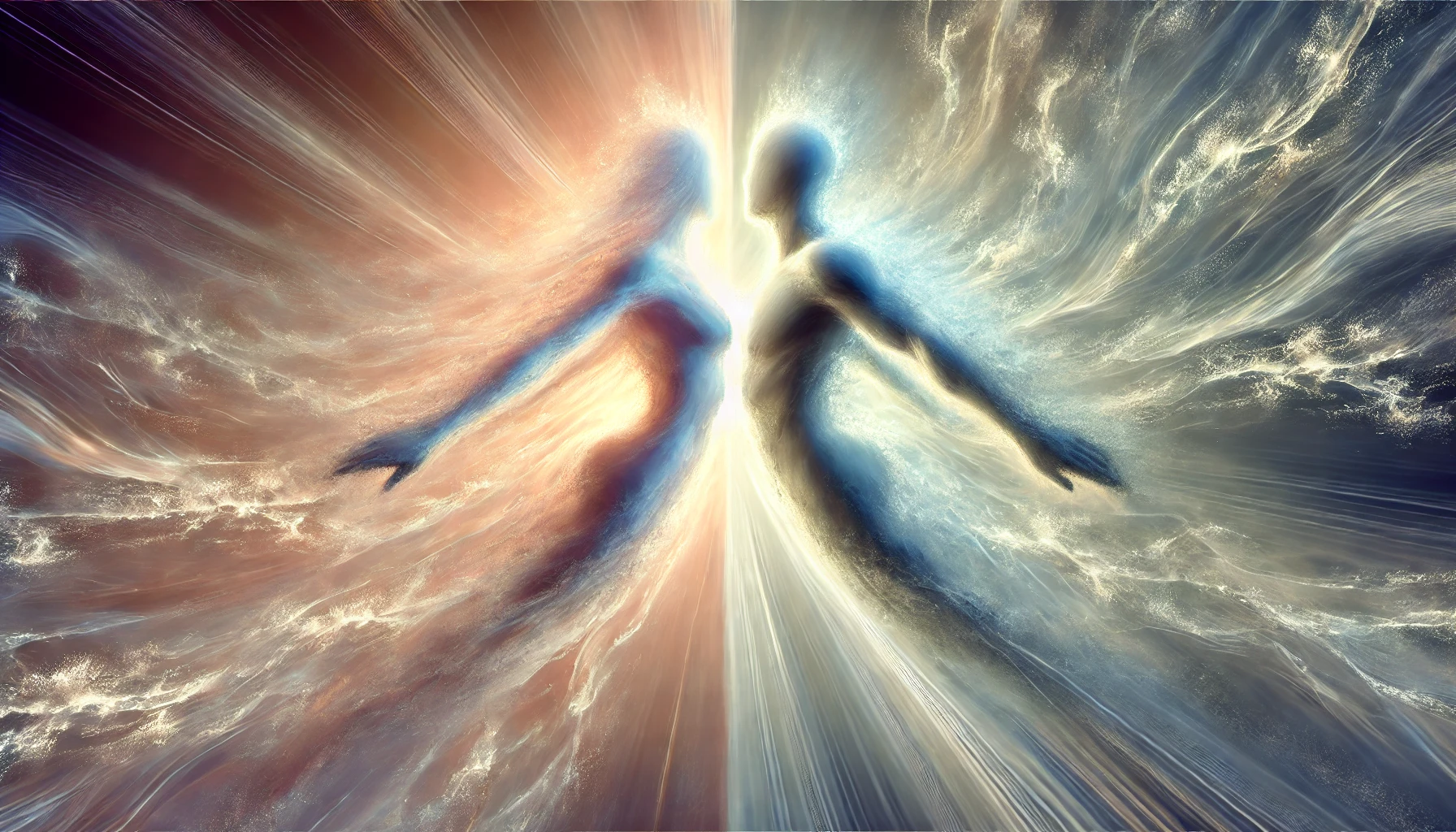
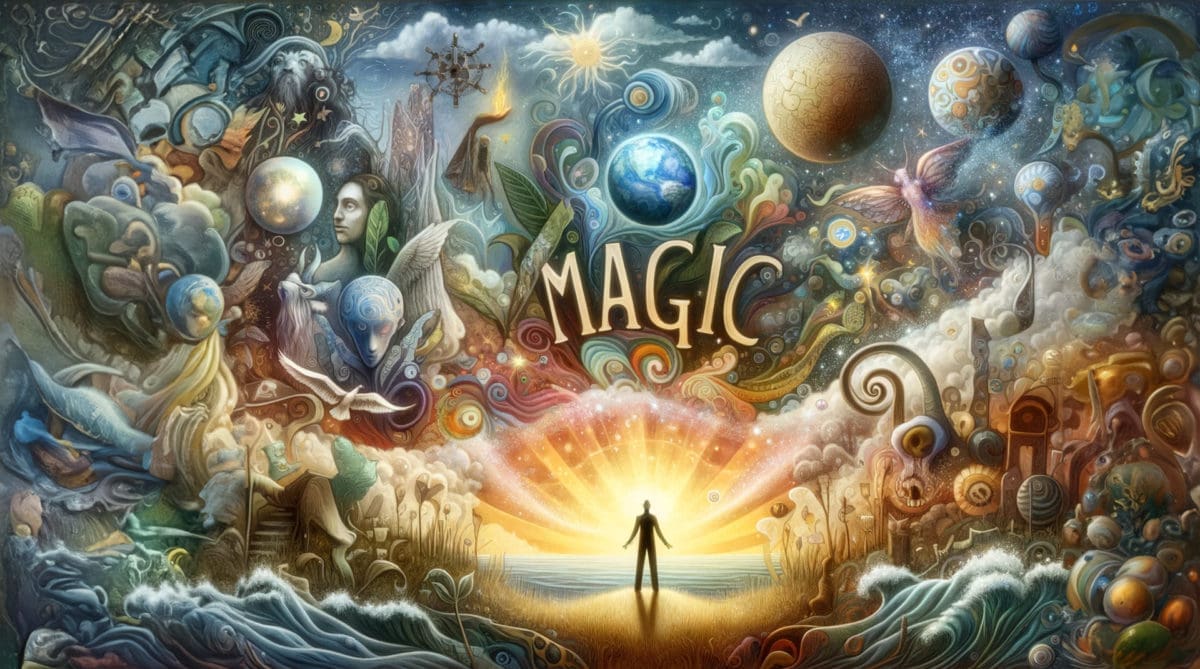
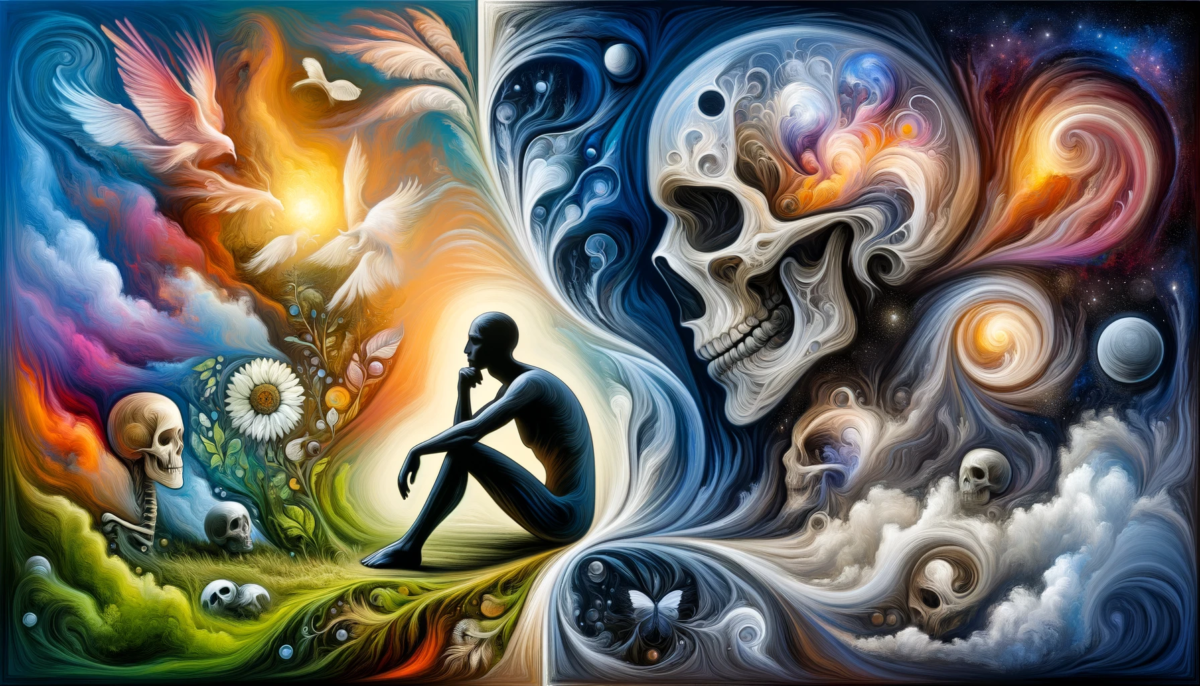
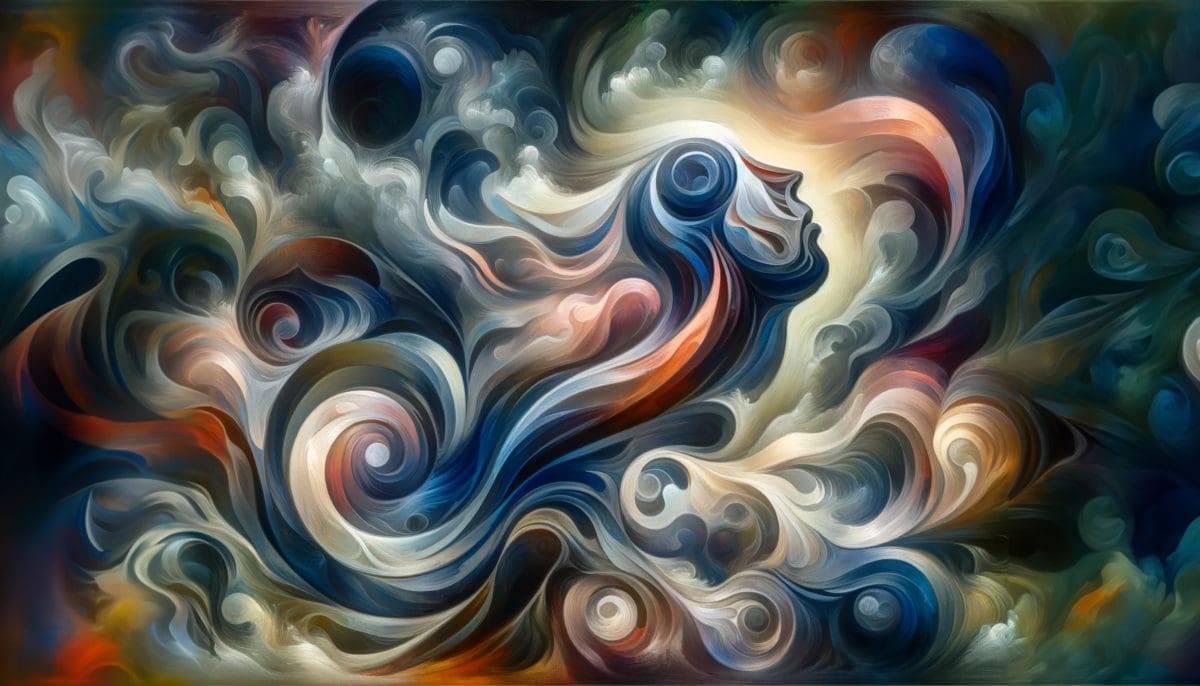
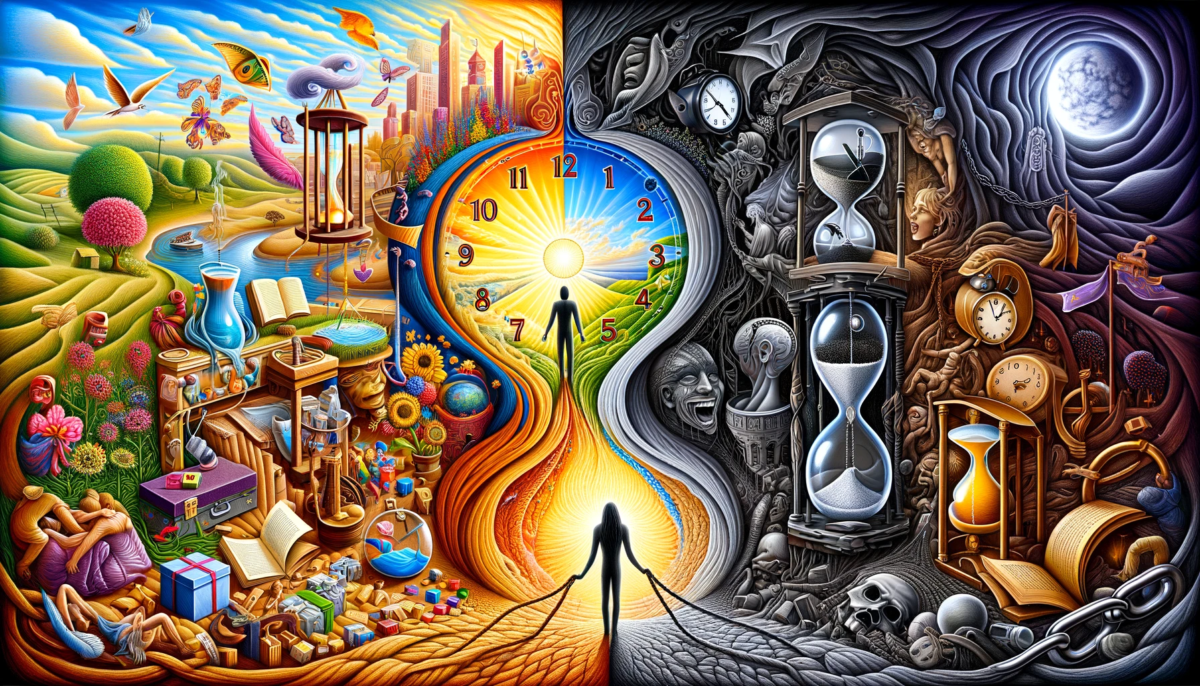
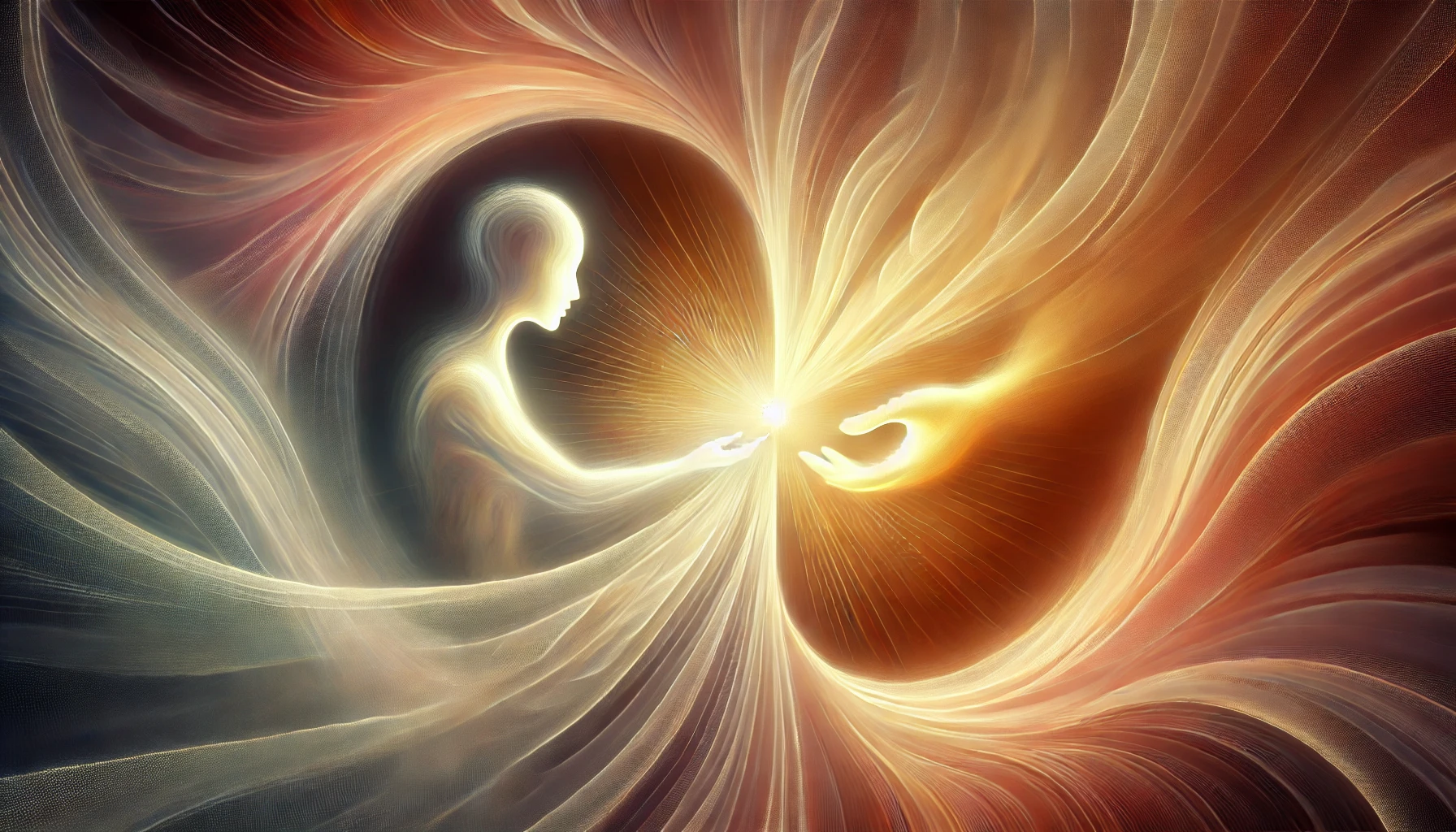


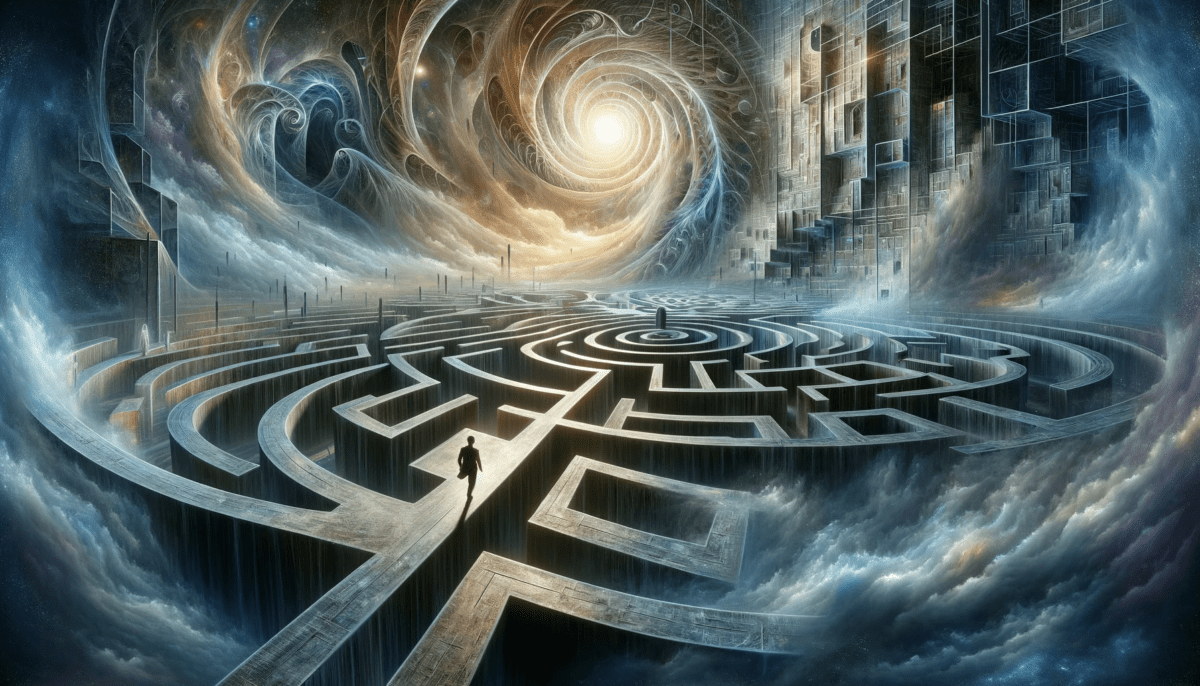
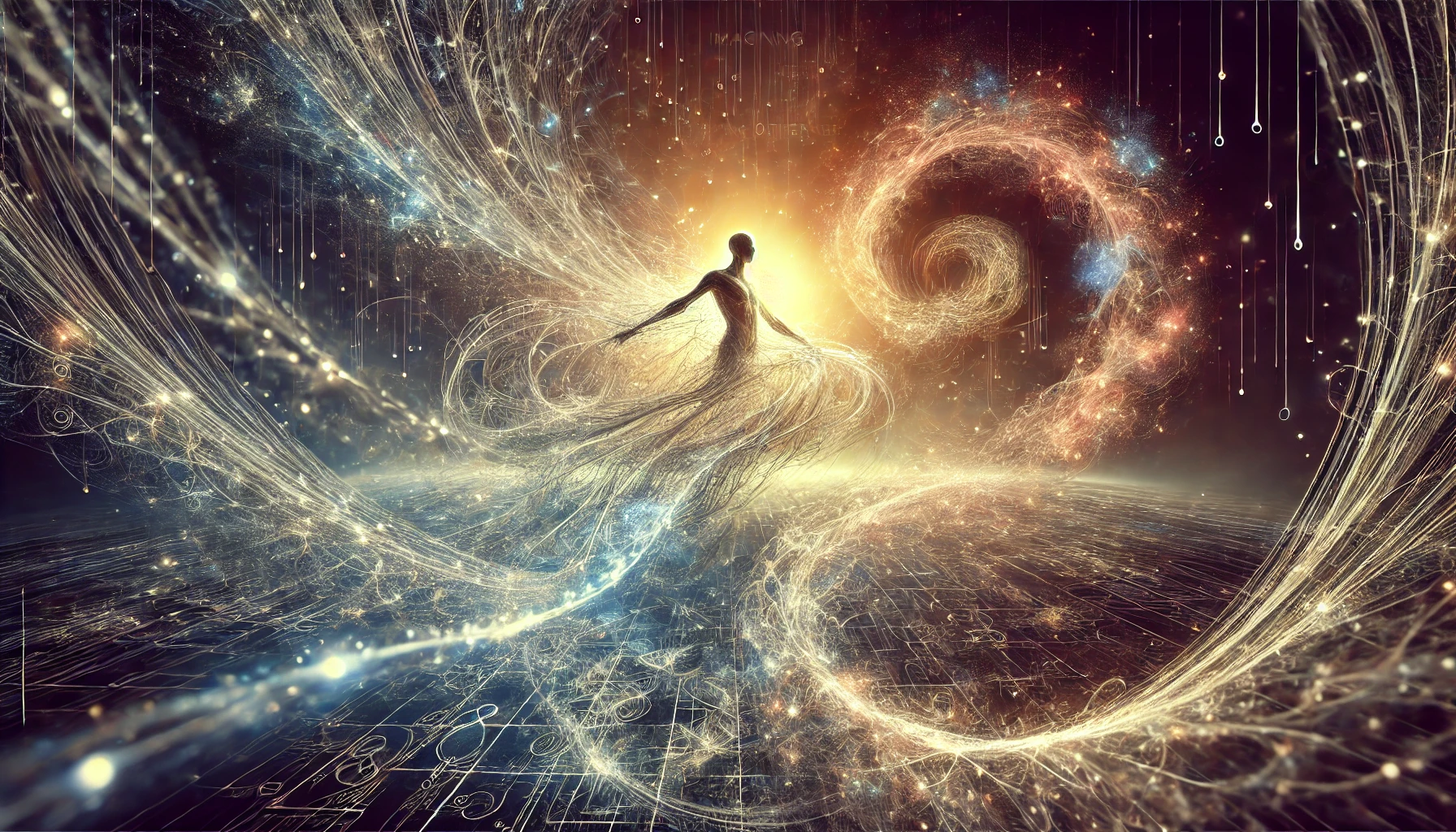

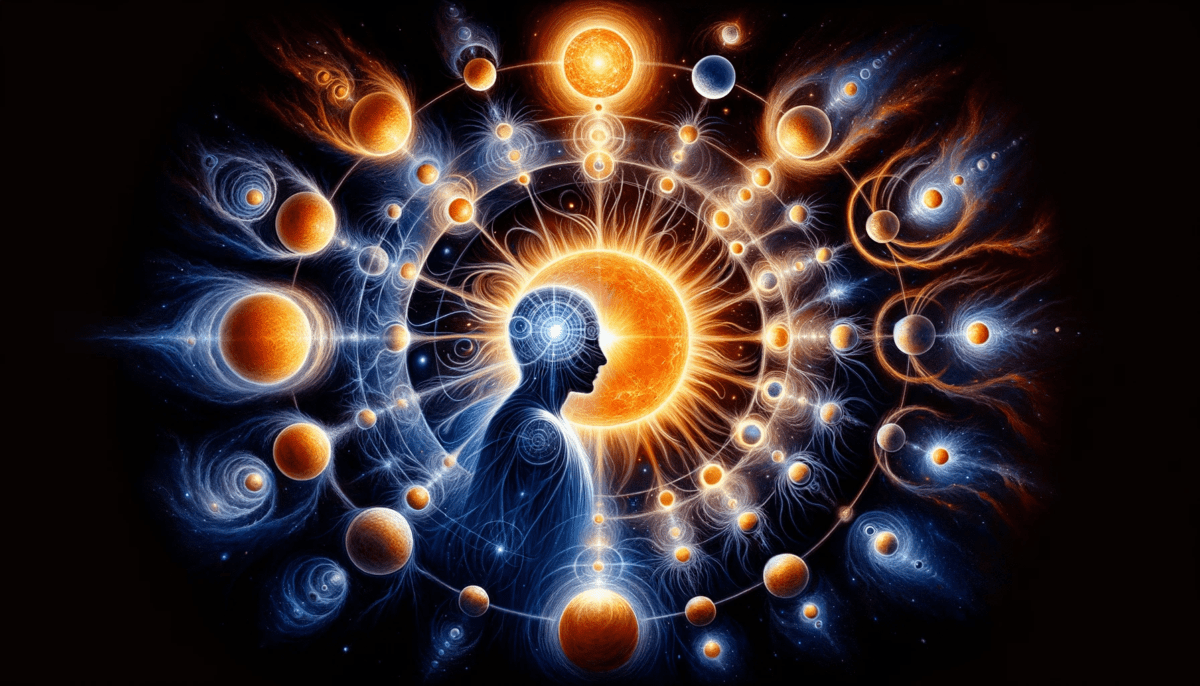

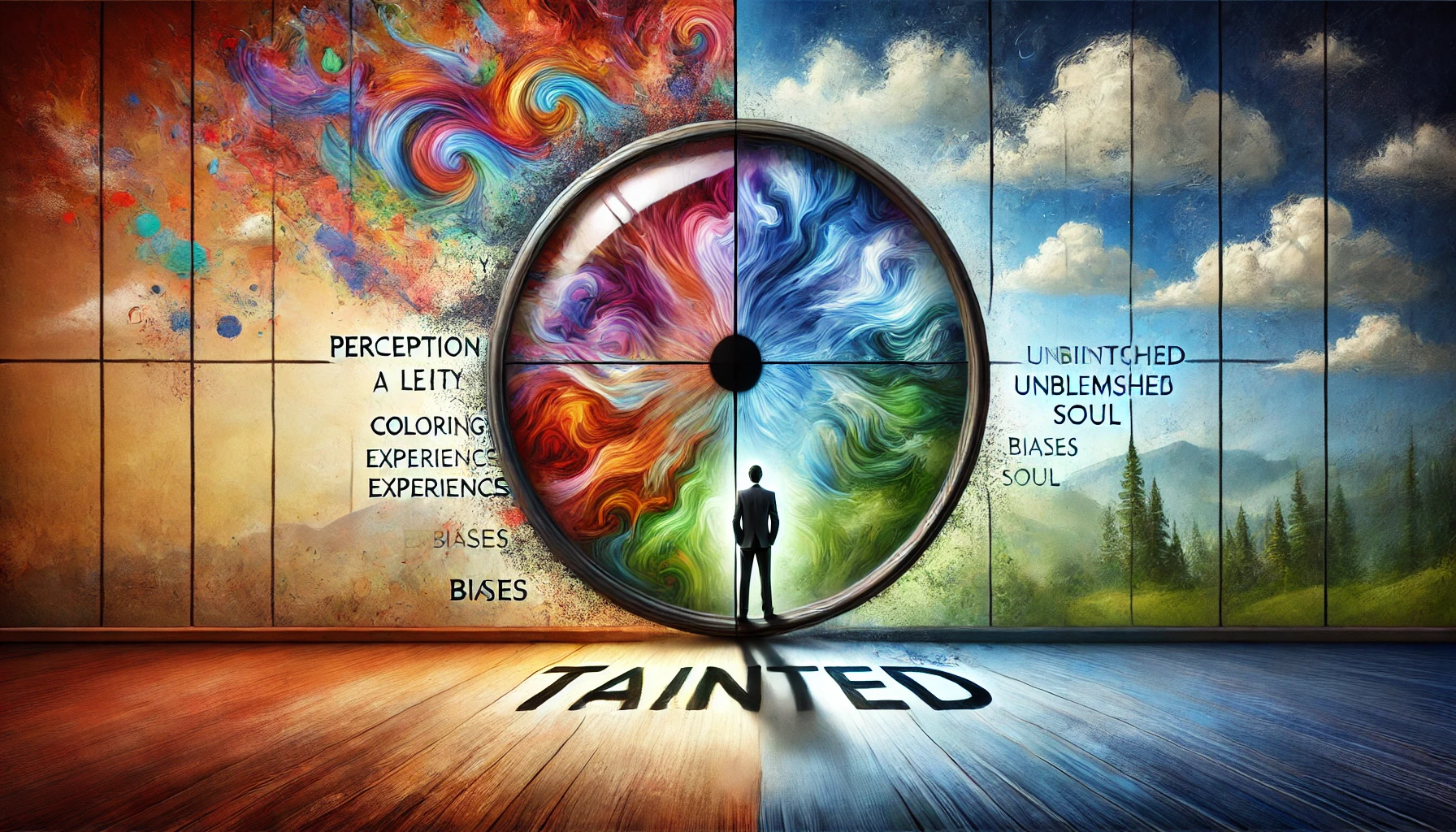
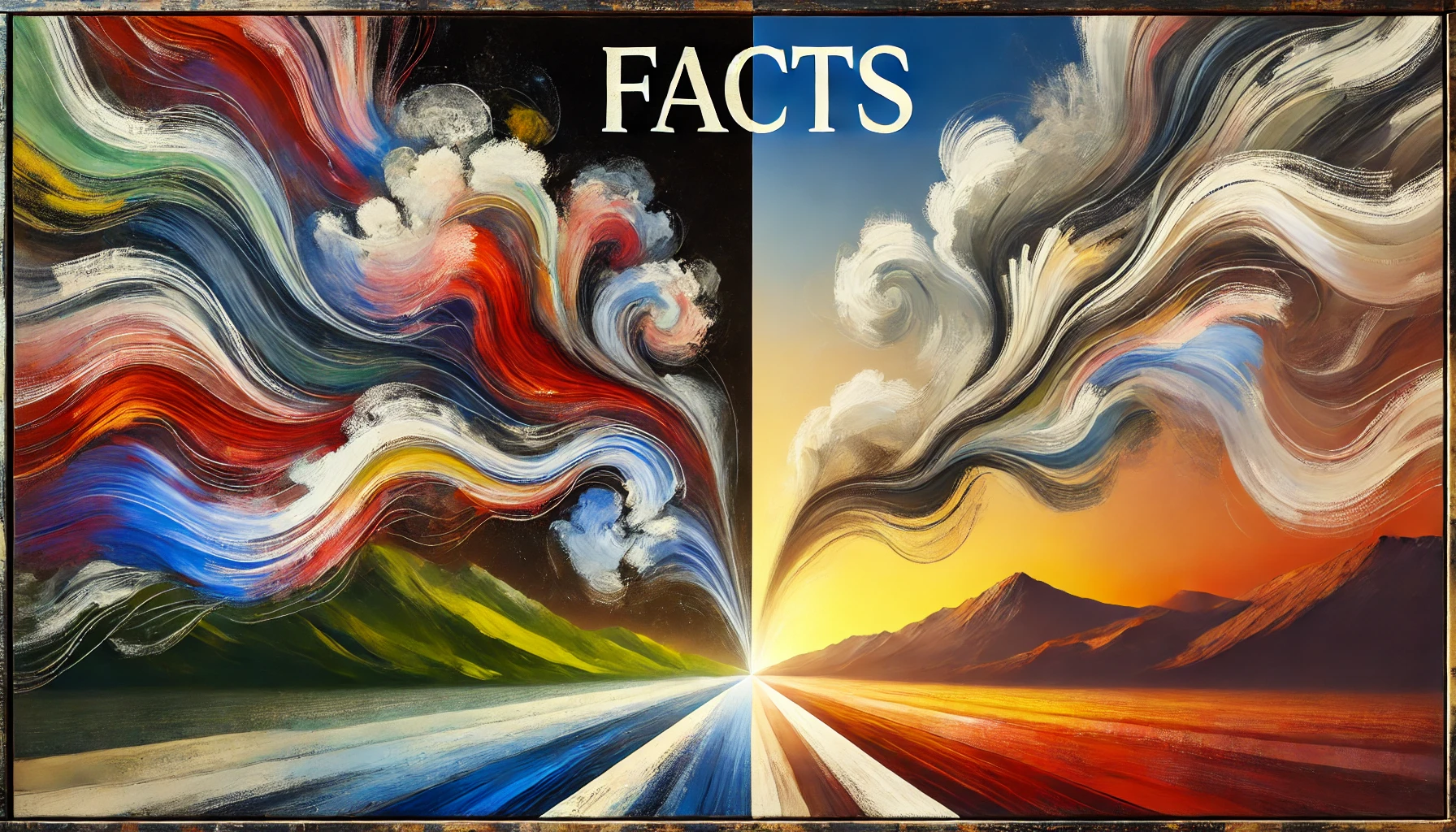
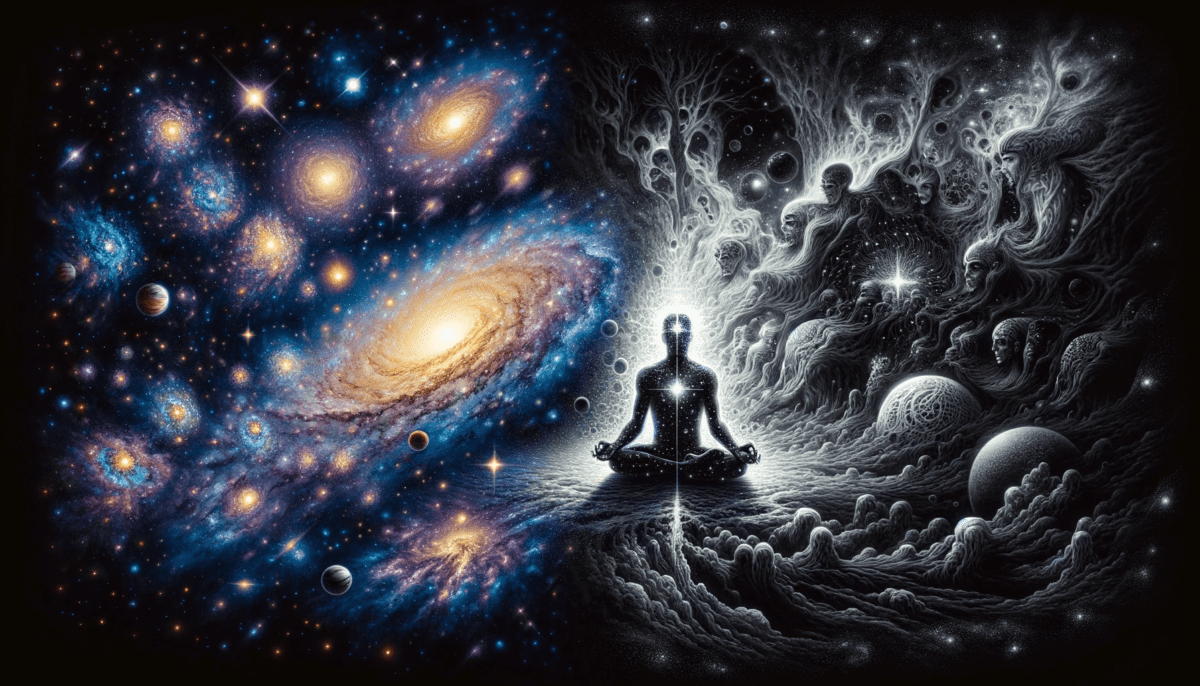
Leave a Reply